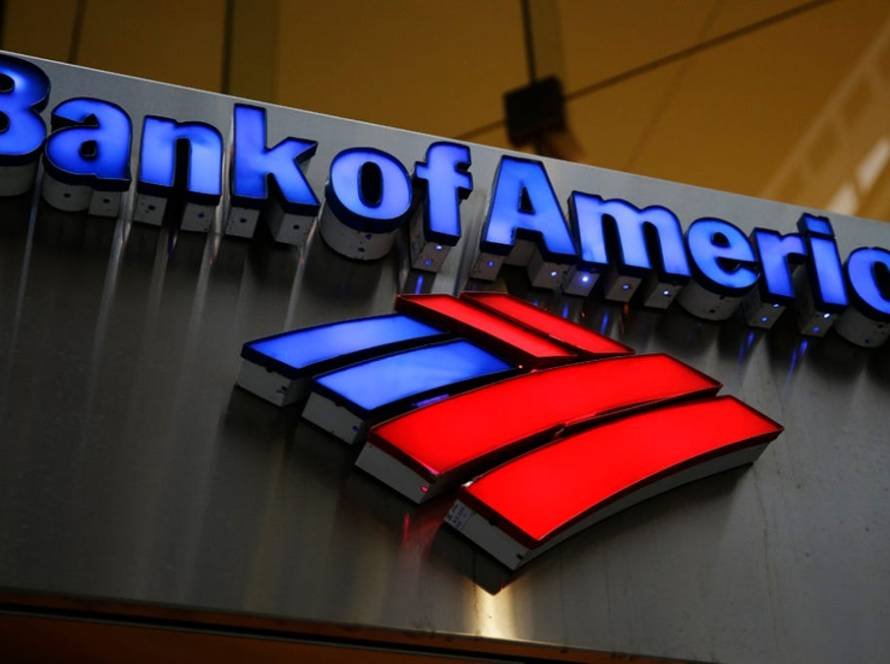The crypto arm of trading platform Robinhood has received a Wells notice from the Securities and Exchange Commission (SEC) over allegedly violating securities laws.
A Wells notice is a formal notification from the financial watchdog that it intends to take enforcement action against the trading platform, but it does not necessarily mean the SEC will sue Robinhood. The SEC will give the company a chance to respond and explain why it believes a civil suit is inappropriate.
Despite the legal warning, shares of Robinhood were up 1.25%, trading at $18 Monday afternoon.
Since Bitcoin’s inception, crypto advocates have debated whether it should be treated as a currency, commodity, or security. The SEC believes cryptos are securities, and therefore fall under its jurisdiction. Following the collapse of cryptocurrency exchange FTX, the financial watchdog has become even more aggressive in enforcing laws against crypto companies.
Robinhood, which has long been a crypto advocate, strongly denied the SEC’s classification.
“We firmly believe that the assets listed on our platform are not securities and we look forward to engaging with the SEC to make clear just how weak any case against Robinhood Crypto would be on both the facts and the law,” Robinhood chief legal officer Dan Gallagher said in a post on the company’s official blog.
In 2021, Robinhood was one of the first platforms to allow Dogecoin trading on its app, and as a result, 62% of its crypto revenue came from Dogecoin. Moreover, it launched a cryptocurrency wallet in the same year that gained popularity among investors.
However, in 2023, Robinhood had to delist Cardano, Polygon, and Solana cryptocurrencies after the commission named them as unregistered securities in lawsuits against Coinbase and Binance.
The SEC sued crypto exchange Coinbase for breaking securities laws. Earlier this year, the financial watchdog sent subpoenas to the Ethereum Foundation, the ecosystem that works behind the Ethereum blockchain network, to classify Ether as a security.
The crypto companies are fighting back against the SEC. Last month, a company named Consensys filed a lawsuit against the financial watchdog, accusing it of attempting to control the future of cryptocurrency.


